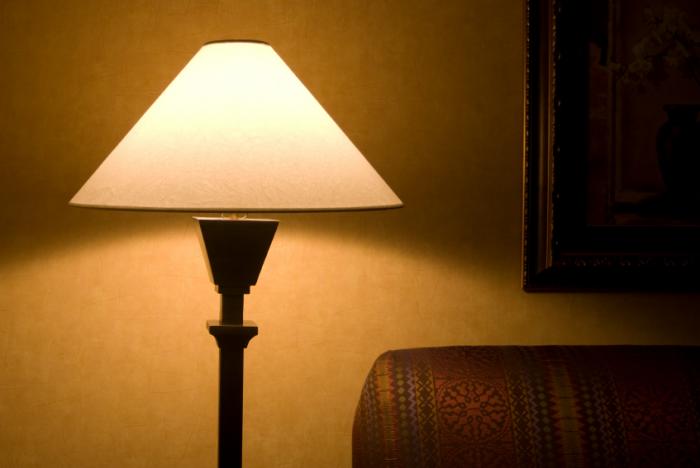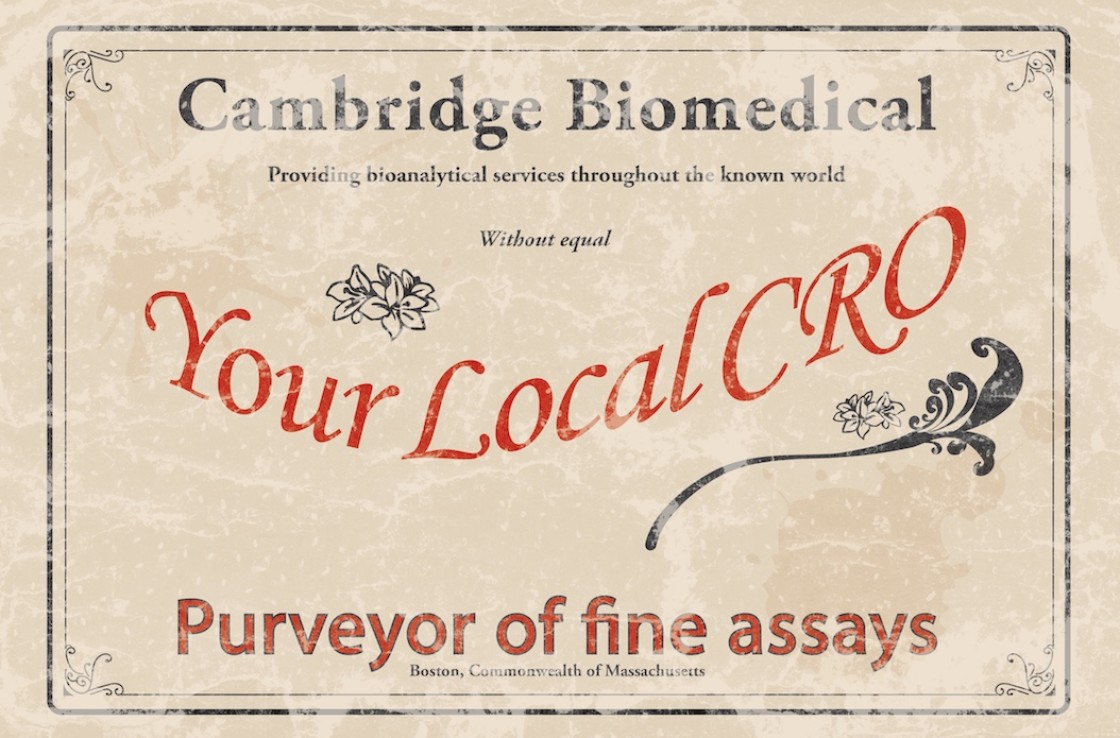
Researchers found that exposure to dim light at night results in breast cancer tumors becoming resistant to tamoxifen.
The study, led by Prof. Steven M. Hill of Tulane University School of Medicine in New Orleans, LA, is published in Cancer Research, a journal of the American Association for Cancer Research.
“Our levels of melatonin are not determined by sleep, as many people think,” explains Prof. Hill. “It is actually the darkness that is important. During the night, if you sleep in a brightly lit room, your melatonin levels may be inhibited; however, if you are in the dark but cannot sleep, your melatonin levels will rise normally.”
He and his team note that disruption of circadian rhythms by night shift work or disturbed sleep could result in an increased risk of breast cancer and other diseases. For patients with hormone receptor-positive breast cancer, Prof. Hill adds that tamoxifen resistance “is a growing problem.”
